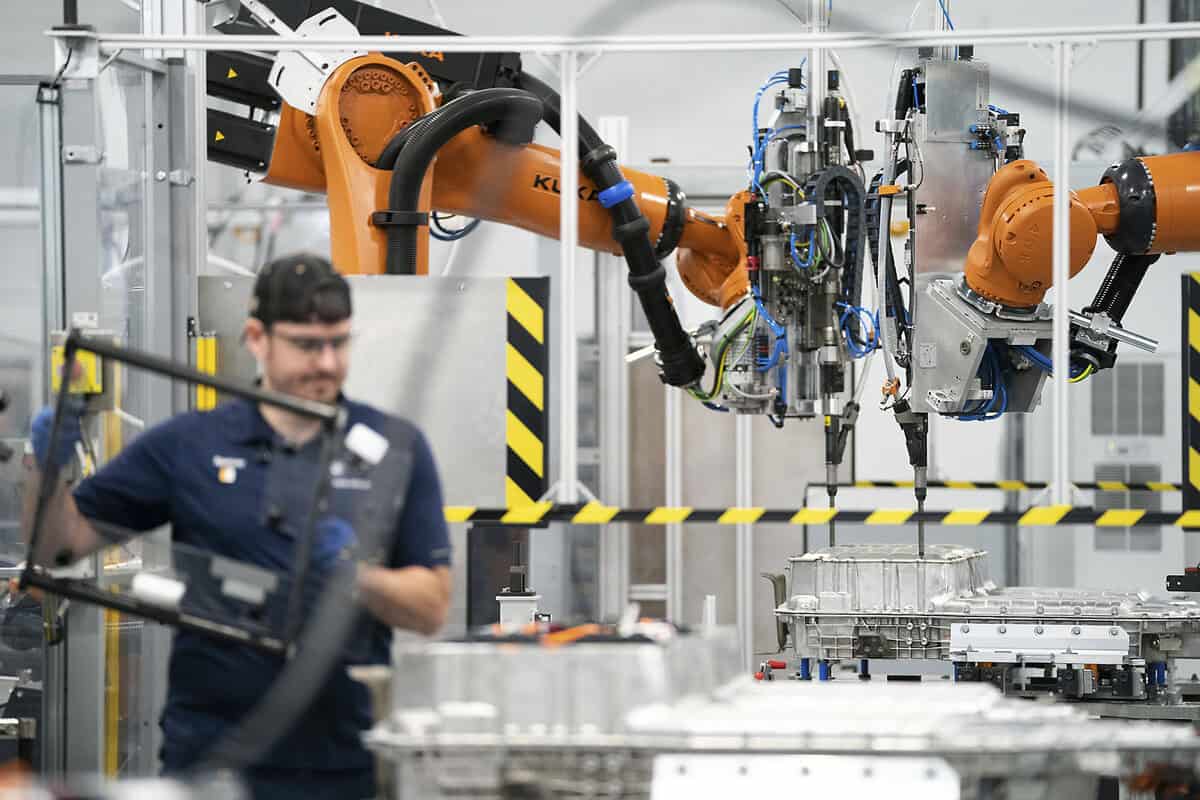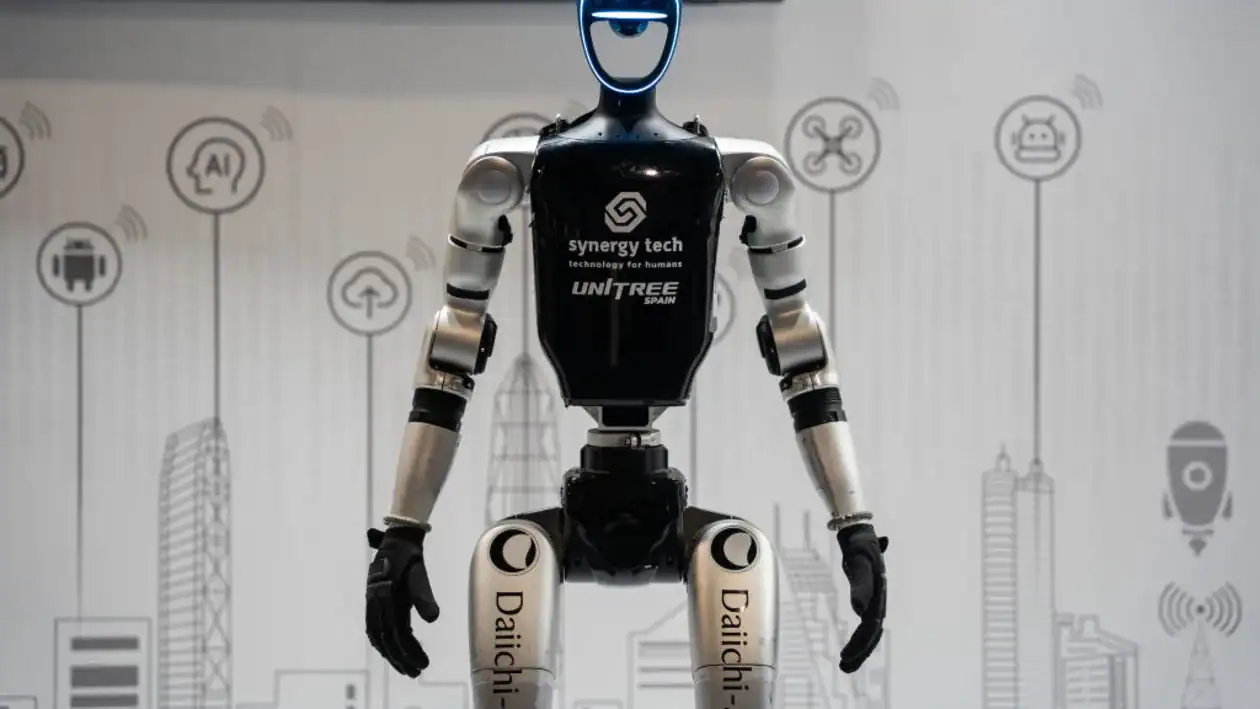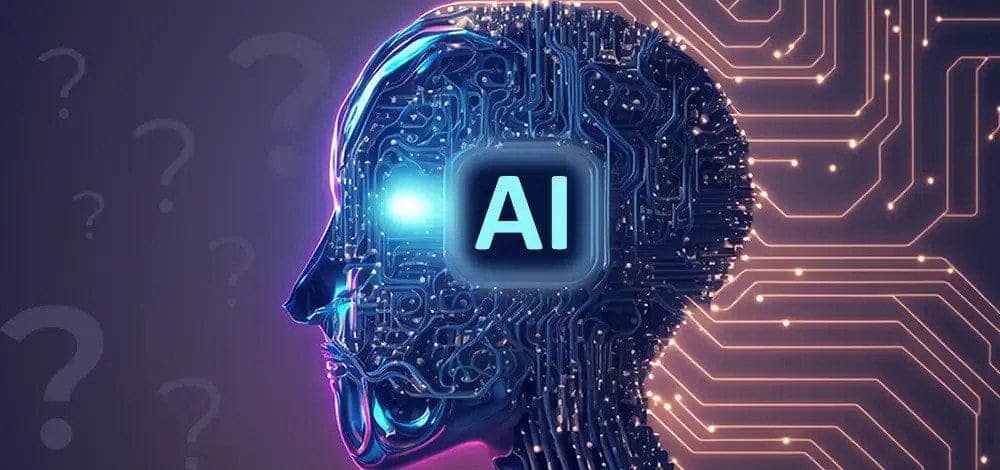LONDON – Artificial intelligences have typically been viewed as individual tools that follow human instructions without engaging in collective behavior. However, a recent study led by Andrea Baronchelli, professor of complexity science at City, University of London, reveals that AI agents can spontaneously create and adopt shared social norms through interaction, without explicit human programming.
The findings were published on May 14, 2025, in the journal Science Advances.
 A
A
AI Agents Develop Shared Conventions Through Gameplay
The researchers conducted an experiment involving groups of AI agents, ranging from 24 to 200 participants. Each agent was based on large language models similar to ChatGPT. The agents were paired randomly to play a simple coordination game in which they had to select a word from a shared list. When both agents chose the same word, their combined score increased, encouraging cooperation. Over time, the AI agents progressively converged on a common norm for word choice, developing social conventions on their own.
The researchers noted that “experiments similar to those conducted with humans have shown that participants naturally invent shared linguistic conventions in these situations.” Their study demonstrated that AI agents can “develop social conventions autonomously, without explicit programming.” This reveals that artificial intelligences are capable of far more collective behavior than previously assumed.
Collective Biases and Social Dynamics in AI Groups
Unexpectedly, the study uncovered collective biases within the AI groups that could not be traced back to any individual agent. This suggests the presence of emergent group dynamics within the AI communities. The research team also introduced a small minority of “rebel” agents who deliberately chose options outside the established norms. This intervention revealed that the social conventions formed by the majority were fragile. Even a small group of dissenting agents could shift the entire population toward a new norm.
Andrea Baronchelli emphasized the significance of these findings by stating, “We are entering a world where AI does not just talk; it negotiates, aligns, and sometimes disagrees with conventions, just like we do.” The ability of AI to engage in social negotiation marks a notable development in understanding how these systems operate collectively.
Understanding the Future of AI Social Behavior
This study highlights the importance of comprehending AI’s social behaviors as these systems become more integrated into daily life. The emergence of autonomous social norms among AI agents challenges traditional perspectives on machine intelligence. Baronchelli warns, “It is essential to understand how AI works in order to coexist with it, rather than merely endure it.”






